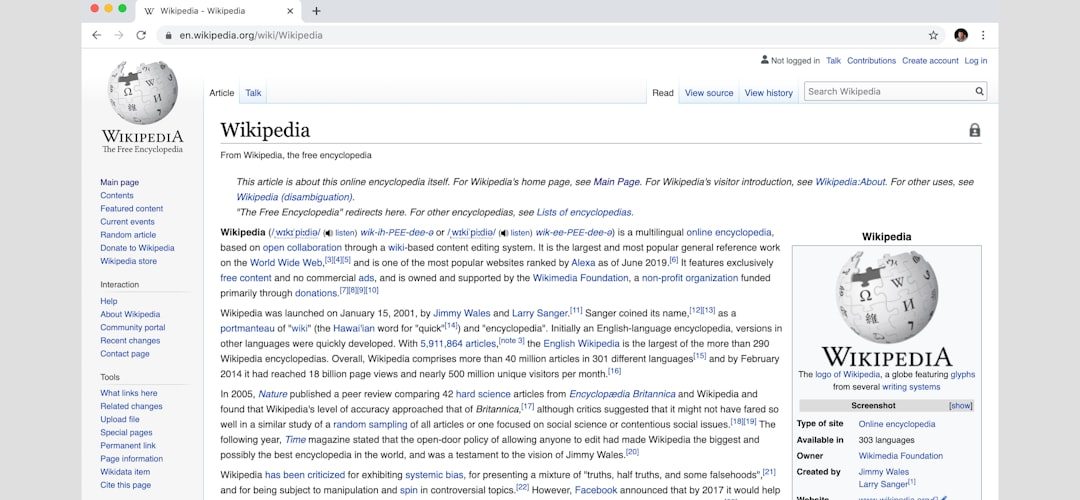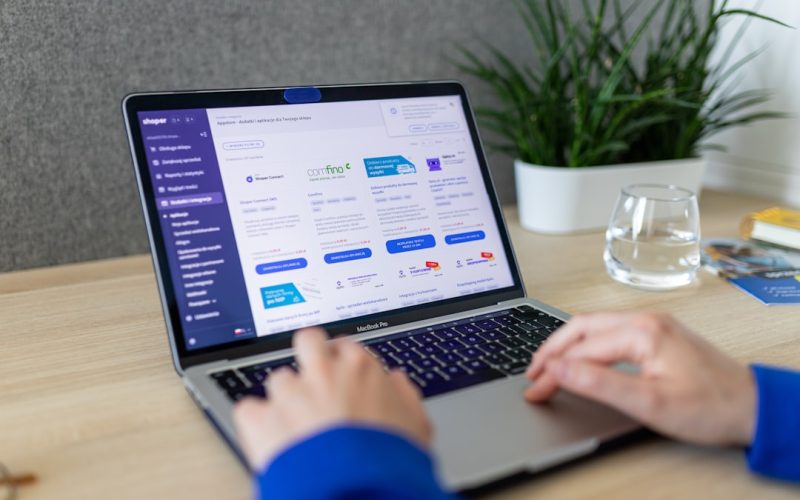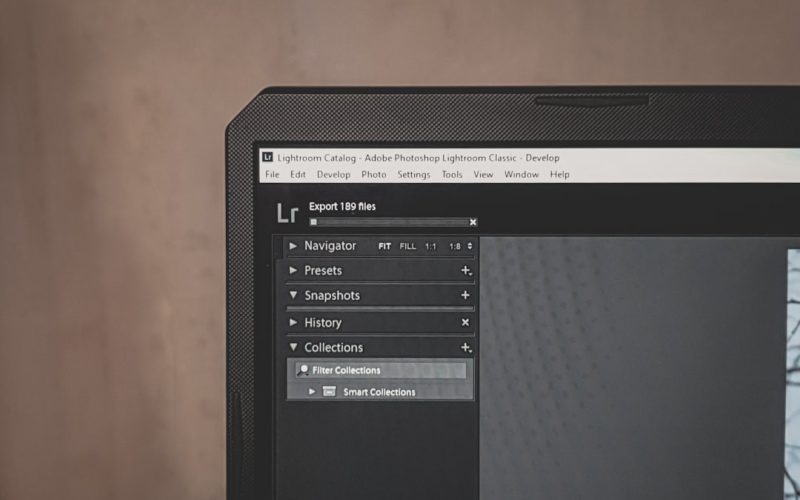When embarking on a project that requires the expertise of a developer, the first step I take is to thoroughly understand my own needs. This involves a deep dive into the specifics of what I want to achieve. I often start by outlining the goals of the project, whether it’s building a website, developing an app, or creating software tailored to my business.
By clearly defining my objectives, I can better communicate my vision to potential developers.
This clarity not only helps me articulate my requirements but also sets the stage for a successful collaboration. In addition to identifying the goals, I also consider the target audience and the functionality that will best serve them.
I ask myself questions like: Who will be using this product? What problems am I trying to solve? What features are essential versus those that would be nice to have?
By answering these questions, I can create a comprehensive list of requirements that will guide my search for the right developer. This foundational understanding is crucial, as it ensures that I am aligned with my project’s vision and can effectively convey it to others.
Table of Contents
ToggleKey Takeaways
- Understand your specific needs and requirements before looking for a developer
- Research potential developers thoroughly to ensure they have the skills and experience you need
- Check references and portfolios to gauge the quality of their previous work
- Evaluate communication skills to ensure effective and clear collaboration
- Assess technical skills and experience to ensure they align with your project requirements
Researching Potential Developers
Once I have a clear understanding of my needs, I turn my attention to researching potential developers. This phase is critical, as the right developer can make or break my project. I begin by exploring various platforms where developers showcase their skills, such as GitHub, Upwork, and LinkedIn.
These platforms provide a wealth of information about developers’ backgrounds, their areas of expertise, and their previous work. I pay close attention to their profiles, looking for indicators of experience and specialization that align with my project requirements. In addition to online platforms, I also tap into my network for recommendations.
Personal referrals often lead me to talented developers who may not be actively advertising their services. I reach out to colleagues, friends, and industry contacts to gather insights about their experiences with different developers. This word-of-mouth approach not only helps me find potential candidates but also gives me a sense of their reliability and work ethic based on firsthand accounts.
Checking References and Portfolios

After compiling a list of potential developers, I take the time to check their references and portfolios. A developer’s portfolio is like a window into their capabilities; it showcases their previous work and provides insight into their style and proficiency. I carefully review the projects they have completed, paying attention to the complexity and relevance of each piece.
This examination helps me gauge whether their past work aligns with my vision and if they possess the necessary skills to bring my project to life. In addition to reviewing portfolios, I also reach out to references provided by the developers. Speaking directly with past clients allows me to gain valuable insights into the developer’s work ethic, communication style, and ability to meet deadlines. I ask specific questions about their experiences, such as how well the developer understood their needs, how they handled challenges during the project, and whether they would recommend them for future work. This step is essential in ensuring that I make an informed decision based on real experiences rather than just marketing materials.
Evaluating Communication Skills
| Metrics | Results |
|---|---|
| Active Listening | 85% |
| Clarity of Expression | 90% |
| Empathy | 75% |
| Nonverbal Communication | 80% |
Effective communication is paramount in any collaborative endeavor, especially when working with a developer. As I evaluate potential candidates, I pay close attention to their communication skills during our initial interactions. From the very first email or message, I assess how promptly they respond and how clearly they articulate their thoughts.
A developer who communicates well is more likely to understand my needs and keep me informed throughout the project. I also consider how well they listen to my ideas and feedback. During our discussions, I look for signs that they are engaged and genuinely interested in my project.
A good developer should not only be able to convey their own ideas but also be receptive to mine. This two-way communication fosters a collaborative environment where both parties can contribute effectively. If I sense any barriers in communication or a lack of enthusiasm from a developer, it raises red flags for me regarding our potential working relationship.
Assessing Technical Skills and Experience
While communication skills are vital, the technical expertise of a developer is equally important. As I evaluate candidates, I delve into their technical skills and experience in relation to my project requirements. Depending on the nature of my project, I may need a developer proficient in specific programming languages or frameworks.
Therefore, I take the time to understand their technical background and ensure it aligns with what I need. I also look for evidence of continuous learning and adaptation in their skill set. The tech industry evolves rapidly, so a developer who stays updated with the latest trends and technologies is more likely to deliver innovative solutions.
I may inquire about any recent projects they’ve undertaken or certifications they’ve earned that demonstrate their commitment to professional growth.
This assessment helps me identify developers who not only possess the necessary skills but also have a passion for their craft.
Discussing Pricing and Timelines

Once I have narrowed down my list of potential developers based on skills and communication abilities, I move on to discussing pricing and timelines. This conversation is crucial as it sets expectations for both parties involved. I start by sharing my budget constraints while remaining open to understanding how different factors may influence pricing.
Developers often have varying rates based on their experience level, expertise, and the complexity of the project. During this discussion, I also inquire about estimated timelines for project completion. Understanding how long a developer anticipates the project will take allows me to plan accordingly and set realistic deadlines for myself and any stakeholders involved.
It’s important for me to find a balance between quality work and timely delivery; therefore, I remain flexible while ensuring that we are aligned on expectations.
Signing a Contract
After reaching an agreement on pricing and timelines, the next step is signing a contract. This formalizes our working relationship and protects both parties involved. As I review the contract, I pay close attention to key elements such as payment terms, project milestones, deliverables, and confidentiality clauses.
It’s essential for me to ensure that all aspects of our agreement are clearly outlined to avoid any misunderstandings down the line. I also take this opportunity to discuss any additional terms that may be relevant to our collaboration. For instance, I might include provisions for revisions or changes in scope if necessary.
By addressing these details upfront, I can foster a sense of trust and transparency between myself and the developer. A well-structured contract serves as a roadmap for our partnership and helps keep us accountable throughout the project.
Maintaining a Good Working Relationship
Once the contract is signed and work begins, maintaining a good working relationship becomes paramount. I believe that open communication is key during this phase; therefore, I make it a point to check in regularly with the developer to discuss progress and address any concerns that may arise. By fostering an environment where feedback is welcomed, I can ensure that we stay aligned on project goals.
Additionally, I strive to be respectful of the developer’s time and expertise. Recognizing their contributions and providing constructive feedback helps build rapport and encourages them to put forth their best effort. Celebrating milestones together can also strengthen our working relationship; acknowledging achievements fosters motivation and reinforces our shared commitment to delivering a successful project.
In conclusion, navigating the process of hiring a developer requires careful consideration at every stage—from understanding my needs to maintaining a positive working relationship post-contract signing. By following these steps diligently, I can increase my chances of finding a skilled developer who not only meets my technical requirements but also aligns with my vision for the project. Ultimately, this thoughtful approach lays the groundwork for a successful collaboration that brings my ideas to fruition.
If you are looking to hire a reliable WordPress developer in the UK, you may also be interested in understanding Oxygen Builder pricing. Oxygen Builder is a popular page builder for WordPress websites, and knowing the pricing structure can help you make an informed decision when hiring a developer. Check out this comprehensive guide on Oxygen Builder pricing to learn more.
FAQs
What qualifications should I look for in a WordPress developer in the UK?
When hiring a WordPress developer in the UK, look for qualifications such as experience with WordPress development, knowledge of programming languages like PHP, HTML, and CSS, familiarity with WordPress themes and plugins, and a portfolio of previous work.
What questions should I ask when interviewing a WordPress developer in the UK?
When interviewing a WordPress developer in the UK, ask about their experience with WordPress development, their familiarity with different themes and plugins, their process for troubleshooting and debugging, their approach to website security, and their communication and project management skills.
What are the key factors to consider when hiring a WordPress developer in the UK?
Key factors to consider when hiring a WordPress developer in the UK include their experience and expertise with WordPress development, their ability to understand and meet your specific website needs, their communication and project management skills, and their availability to provide ongoing support and maintenance.
How can I assess the reliability of a WordPress developer in the UK?
To assess the reliability of a WordPress developer in the UK, review their portfolio and client testimonials, ask for references, and consider conducting a trial project or test assignment to evaluate their skills and work ethic.
What are the typical rates for hiring a WordPress developer in the UK?
The rates for hiring a WordPress developer in the UK can vary depending on their level of experience, the complexity of the project, and the specific services required. Rates may range from £25 to £100 per hour, or a flat project fee may be negotiated based on the scope of work.




